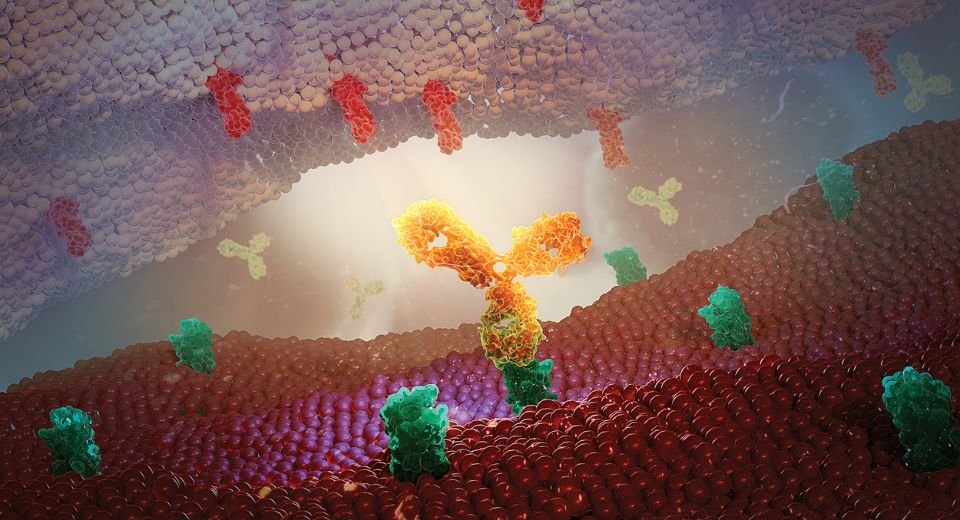HQ Team
September 24, 2024: British-Swedish AstraZeneca and Japan’s Daiichi Sankyo’s investigational drug for breast cancer failed to significantly improve the overall survival of the patients during an end-stage trial, according to a joint statement.
AstraZeneca and Daiichi Sankyo are jointly developing the antibody conjugate drug, datopotamab deruxtecan or Dato-DXd, after a pact in July 2020. An antibody conjugate is a monoclonal antibody that targets a specific cancer antigen while not harming healthy cells.
The experimental drug “did not achieve statistical significance in the final overall survival analysis in patients with inoperable or metastatic hormone receptor-positive, HER2-low or negative breast cancer previously treated with endocrine-based therapy and at least one systemic therapy,” according to the statement.
The trial, which enrolled more than 700 patients in Africa, Asia, Europe, North America, and South America, compared the results with patients on chemotherapy and treated with other therapies earlier. AstraZenca’s lung cancer trial results released earlier this month proved disappointing.
On September 12, a study published in the Journal of Clinical Oncology AstraZeneca stated that patients receiving Dato-DXd had statistically significant and clinically meaningful improvement in progression-free survival and a “favourable and manageable safety profile, compared with investigator’s choice of chemotherapy.”
‘Continue talks with regulators’
Results support Dato-DXd as a novel treatment option for patients with inoperable/metastatic HR+/HER2‒ breast cancer who have received one to two previous lines of chemotherapy in this setting, according to the company.
In June this year, AstraZeneca’s end-stage experimental trial to treat a certain type of breast cancer failed to meet its dual primary goals. The global trial enrolled 923 adult patients with histologically confirmed locally advanced or metastatic triple-negative breast cancer.
The trial had dual primary endpoints of overall survival in the patient population and in a population of patients whose tumours have qualifying alterations in specific pathways.
“The metastatic HR-positive breast cancer treatment landscape has advanced remarkably in the last several years to the benefit of patients,” said Susan Galbraith, Executive Vice President, Oncology R&D, AstraZeneca. Based on the trial results “there is evidence of the clinical value of datopotamab deruxtecan in this setting. We will continue discussions with regulatory authorities and apply insights from these results to our clinical development programme for datopotamab deruxtecan in breast cancer.”
Ken Takeshita, MD, Global Head, R&D, Daiichi Sankyo, said: “Datopotamab deruxtecan has previously shown a statistically significant progression-free survival benefit,” in trials and “supported by multiple meaningful secondary measures including patient-reported outcomes.”
“We remain committed to making datopotamab deruxtecan another potential option for patients who can benefit,” he said.
Early diagnosis
Breast cancer is the second most common cancer and one of the leading causes of cancer-related deaths worldwide. More than two million breast cancer cases were diagnosed in 2022 with more than 665,000 deaths globally.
While survival rates are high for those diagnosed with early breast cancer, less than 35% of patients diagnosed with or who progress to metastatic disease are expected to live five years following diagnosis.
About 70% of diagnosed cases are considered what has been historically called HR-positive, Endocrine therapies are widely given consecutively in the early lines of treatment for HR-positive metastatic breast cancer; however, after two lines of treatment, further efficacy from endocrine therapy is often limited.
The current standard of care following endocrine therapy is chemotherapy, which is associated with poor response rates and outcomes.









2 Comments